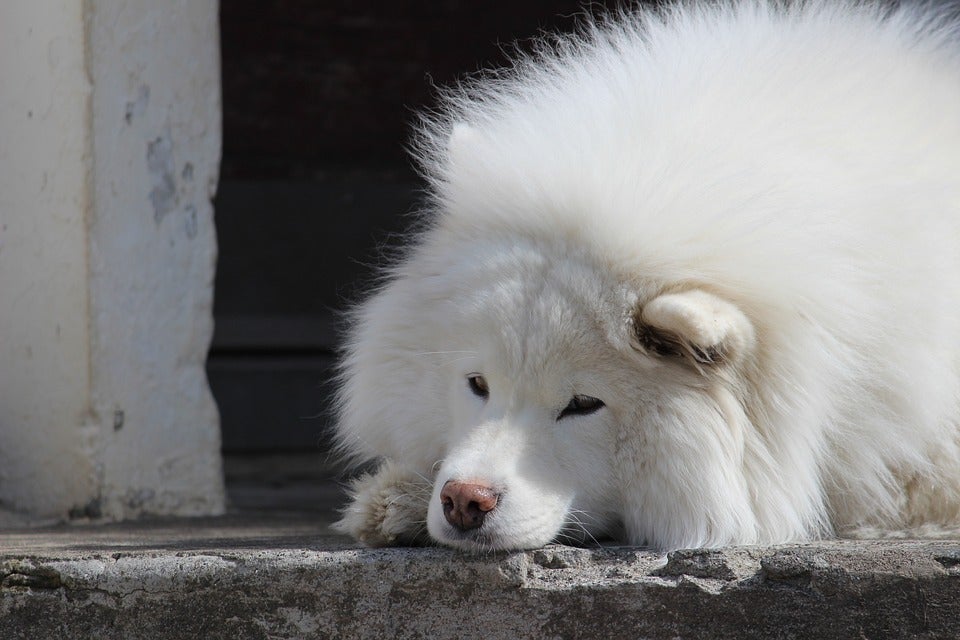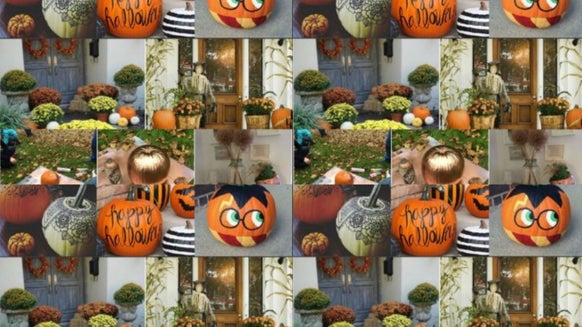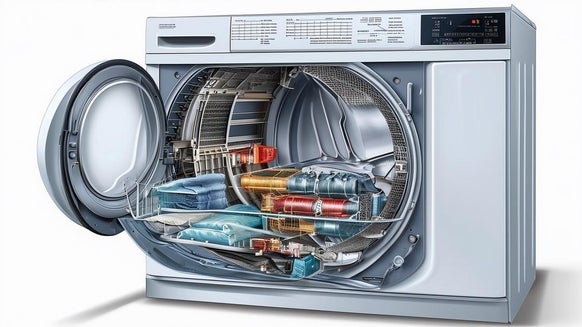Thinking about Buying a Pedigree Dog?

Dogs like the pug, Chihuahua and the miniature dachshund are rising in popularity due to their small size and popularity with celebrities. But with this trend also comes the likelihood of rogue puppy traders cashing in on the act to make a quick buck.
For this reason we’re warning potential pedigree puppy buyers to be on their guard and make sure they know what they’re buying.
Our research shows that many people think terms like ‘pedigree’ and ‘Kennel Club registered’ stand for quality, which isn’t always the case. Buying a puppy that comes with a pedigree certificate is no guarantee that what you’re buying has been well bred or will be suitable with children. In fact, all a pedigree certificate tells you is who the puppy’s parents and grandparents are – it’s exactly the same as when you register a newborn baby.
We believe many traders who advertise on the internet use these terms purely as a means of drawing attention to their advertisements – so our advice is don’t be fooled. Buying a puppy can be a really exciting time for all the family, but getting it wrong can result in heartache if the puppy dies or has behavioural problems. This means that puppy buyers need to be extra vigilant to make sure that the puppy they buy has been well bred, is suitable for children and free from disease.
Because you can’t tell from the advertisement where or how your pedigree puppy was bred you could be getting one from a responsible breeder, but equally find yourself buying a puppy from a commercial breeding establishment. These are often referred to as puppy farms, and even some that are licensed fall below the standard of care that the RSPCA would expect from a responsible breeder.
To help weed out the good from the bad breeders, we’ve produced a guide,
Justine PannettSenior Campaigns ManagerRSPCA
Justine is a pasionate animal lover and the Senior Campaigns Manager at the RSPCA.








